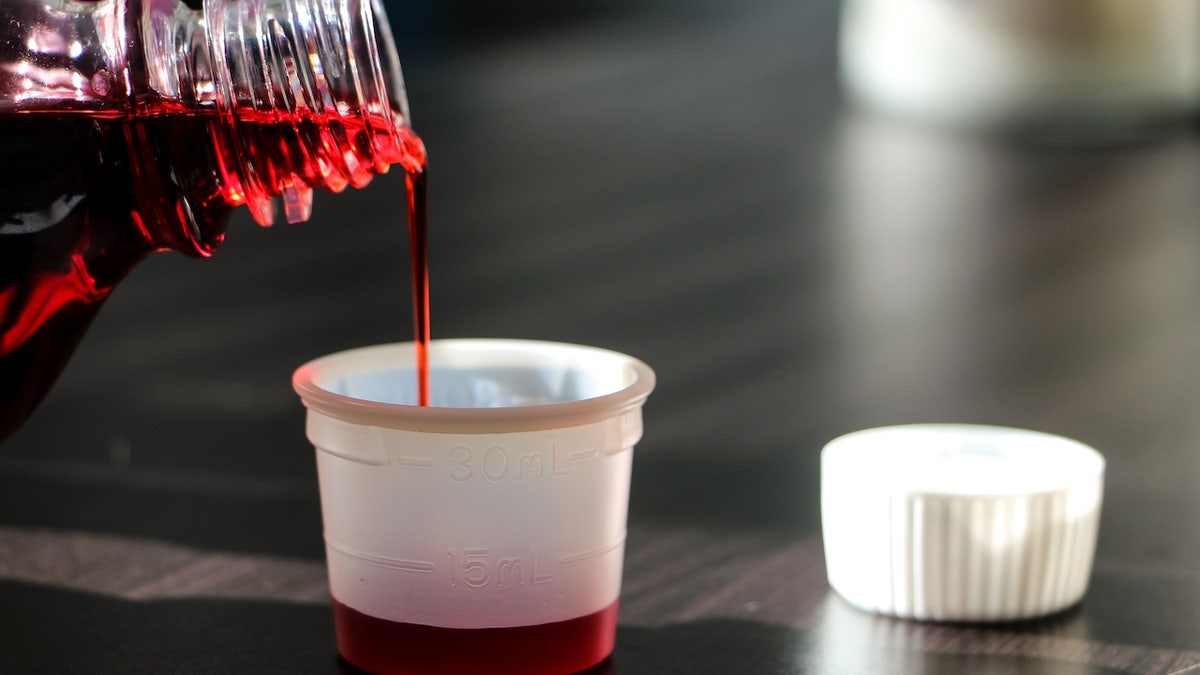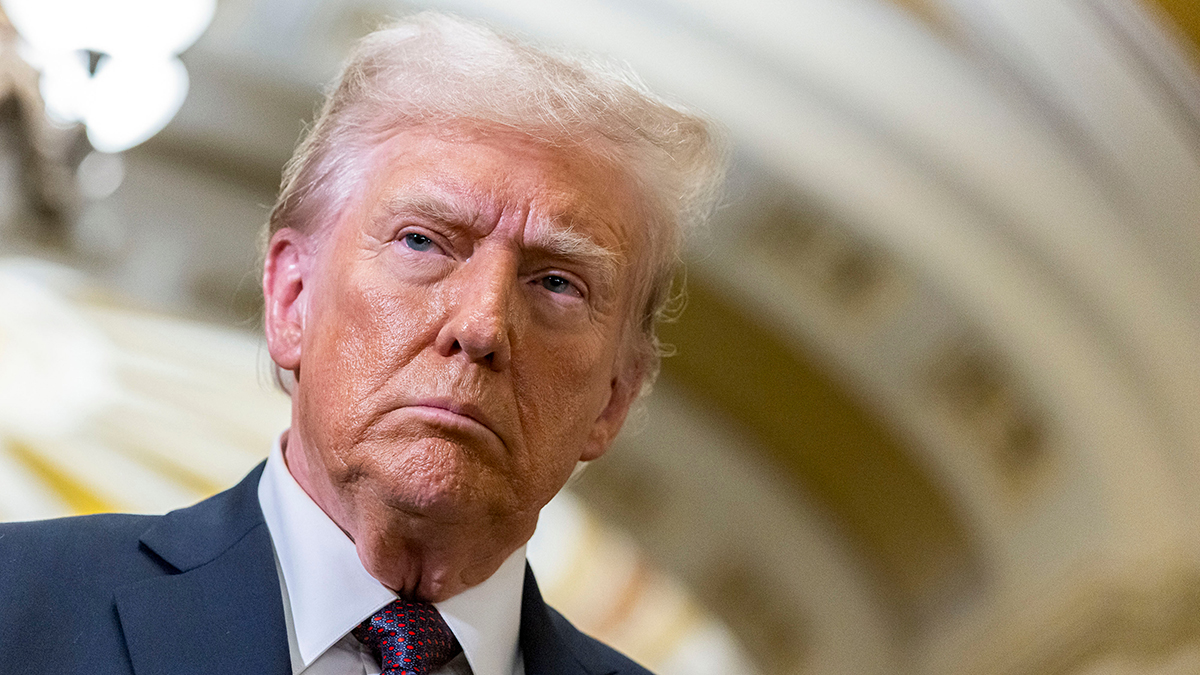Health
Biden Makes Lower Drug Prices a Centerpiece of His 2024 Campaign

As he heads toward a re-election campaign next year, President Biden is betting that his success in pushing for policies intended to lower health care costs for millions of Americans will be rewarded by voters at the ballot box.
In speech after speech, Mr. Biden talks about capping the cost of insulin at $35, putting new limits on medical expenses for seniors, making some vaccines free and pushing to lower the prices of some of the most expensive drugs in the world.
At the White House, Mr. Biden and his advisers have already begun to elevate the issue as a centerpiece of his agenda. And at his campaign headquarters in Wilmington, Del., aides are preparing television ads, talking points and speeches arguing that Mr. Biden’s push for lower health care costs is a stark contrast with his Republican opponents.
“The president will have a very strong case to make,” said Senator Amy Klobuchar of Minnesota, a member of the president’s national campaign advisory board. “Not only will people want to keep the benefits they have seen, they are going to want to get the benefits that are coming their way.”
On Tuesday, the White House announced that the Biden administration will negotiate on behalf of Medicare recipients for lower prices on 10 popular — and expensive — drugs that are used to treat diabetes, heart disease and other chronic illnesses.
The move was made possible by passage last year of Mr. Biden’s Inflation Reduction Act, which for the first time allows Medicare to negotiate drug prices for older adults, a change that has been opposed by the pharmaceutical industry for decades.
Republicans also generally oppose giving the government the right to negotiate drug prices. But the candidates for the Republican presidential nomination have said little about the cost of medication, focusing instead on abortion, transgender medical issues and Covid lockdowns.
In his speeches, Mr. Biden rails against the industry and his Republican adversaries in Congress, all of whom voted against the law that included the prescription drug provisions. Aides say it is an effective message.
“Today is the start of a new deal for patients where Big Pharma doesn’t just get a blank check at your expense,” the president said at a White House event celebrating the change.
Since signing the law a year ago, Mr. Biden has repeatedly called it one of his proudest legislative victories. But his approval numbers have hardly budged. And while polls show that the new policy is widely popular among Americans who know about it, they also suggest that far fewer people are even aware that the change was made.
That is most likely because prices on just the first handful of drugs are not scheduled to actually drop until 2026 at the earliest, assuming Mr. Biden’s program survives legal challenges. Drug companies have filed numerous lawsuits against the administration that claim the law is unconstitutional. Court cases could drag on for years.
In its lawsuit against the administration, the Pharmaceutical Research and Manufacturers of America, an industry trade group, called the plan for negotiated prices “a government mandate disguised as negotiation.”
Even if Mr. Biden’s plan goes into effect, older adults who have made the choice to ration their drugs will have to continue doing so until more than a year after the 2024 presidential election.
Danny Cottrell, 67, a pharmacist who owns his retail pharmacy group in Brewton, Ala., said he regularly advised his Medicare patients on the ins and outs of the government’s prescription program. He welcomed Mr. Biden’s changes, but said it would be up to people like him to explain the complicated process.
“I got to remind them, this doesn’t start till 2026,” Mr. Cottrell said. “And then also remind them this thing will change several times between now and then.”
Neera Tanden, Mr. Biden’s top domestic policy adviser, said the White House was confident that the plan would survive the legal challenges.
“It is absurd to argue that negotiation is unconstitutional,” she said in an interview. “There’s nothing in the Constitution that says Medicare negotiating drug prices is unconstitutional.”
But more broadly, Ms. Tanden said that she and the president’s other advisers in the West Wing were determined to make the push for lower health care costs a central part of Mr. Biden’s message to Americans.
And next September, just weeks before Election Day, the administration will announce the results of the yearlong negotiations over the first 10 drugs.
“We plan to work extensively, to really remind folks of this issue,” Ms. Tanden said.
For the people leading Mr. Biden’s re-election campaign, the political benefits of focusing on lower health care costs are clear.
Some polls show that 80 percent of Americans support giving the government the ability to negotiate lower prices for Medicare, much the way it already does for veterans and members of the military.
Campaign aides said talking about lower costs of drugs or limits on out-of-pocket medical expenses is one way to help Mr. Biden win support among seniors, who traditionally have voted for Republicans in greater numbers. That is especially important in battleground states like Michigan, Arizona, Georgia and Ohio, where increasing support among older adults will be critical in close contests.
The campaign’s early television ads have included numerous references to the president’s efforts to lower health care costs. A spokesman for the campaign said the issue of health care would be a central feature of a $25 million ad blitz focusing on what the president has done to lower costs overall and make economic progress.
Kate Bedingfield, who served as Mr. Biden’s communications director for the first two years of his presidency, said the issue had political benefits even when it came to appealing to people who do not benefit directly from the specific cost reductions.
“It draws a really clear contrast with the Republicans, who have stood in the way and continue to stand in the way of getting more done on this,” she said.
Representative Michael C. Burgess, Republican of Texas and a doctor, said Mr. Biden’s drug price negotiations were akin to government-imposed price controls that would lead to drug shortages.
“This administration’s approach goes beyond ‘negotiation,’” he said in a statement. “Instead, it holds pharmaceutical companies hostage, jeopardizing their future innovation and the well-being of American patients.”
Mr. Biden’s campaign aides said a debate with Republicans about the cost of medical care was one they were eager to have.
“MAGA Republicans running for president want to repeal the Inflation Reduction Act, which would deliver a massive win for Big Pharma and increase costs for the American people,” said Julie Chávez Rodríguez, the president’s campaign manager, referring to Republicans loyal to former President Donald J. Trump.
She said the choice in the election was between Mr. Biden and “a slate of candidates focused on extreme policies that put their wealthy donors first.”
Robert Jimison contributed reporting.

Health
Treating Other Diseases With Ozempic? Experts Weigh In | Woman's World

Sign Up
Create a free account to access exclusive content, play games, solve puzzles, test your pop-culture knowledge and receive special offers.
Already have an account? Login
Use left and right arrow keys to navigate between menu items.
Use escape to exit the menu.
Health
FDA bans red food dye due to potential cancer risk

FDA looks to ban red food dye
Celebrity fitness trainer Jillian Michaels joins ‘Hannity’ to discuss the possibility of the FDA banning red food dye.
The U.S. Food and Drug Administration (FDA) has officially banned red dye — called Red 3, or Erythrosine — from foods, dietary supplements and ingested medicines, as reported by the Associated Press on Wednesday.
Food manufacturers must remove the dye from their products by January 2027, while drug manufacturers will have until January 2028 to do so, AP stated.
Any foods imported into the U.S. from other countries will also be subject to the new regulation.
RED FOOD DYE COULD SOON BE BANNED AS FDA REVIEWS PETITION
“The FDA is taking action that will remove the authorization for the use of FD&C Red No. 3 in food and ingested drugs,” said Jim Jones, the FDA’s deputy commissioner for human foods, in a statement.
The U.S. Food and Drug Administration has officially banned red dye — called Red 3, or Erythrosine — from foods, dietary supplements and ingested medicines (iStock)
“Evidence shows cancer in laboratory male rats exposed to high levels of FD&C Red No.3,” he continued. “Importantly, the way that FD&C Red No. 3 causes cancer in male rats does not occur in humans.”
The synthetic dye, which is made from petroleum, is used as a color additive in food and ingested drugs to give them a “bright cherry-red color,” according to an online statement from the FDA.

Food manufacturers must remove the dye from their products by January 2027, while drug manufacturers will have until January 2028 to do so. (iStock)
The petition to ban the dye cited the Delaney Clause, which states that the agency cannot classify a color additive as safe if it has been found to induce cancer in humans or animals.
The dye was removed from cosmetics nearly 35 years ago due to potential cancer risk.
CLICK HERE TO SIGN UP FOR OUR HEALTH NEWSLETTER
“This is a welcome, but long overdue, action from the FDA: removing the unsustainable double standard in which Red 3 was banned from lipstick but permitted in candy,” said Dr. Peter Lurie, director of the group Center for Science in the Public Interest, which led the petition effort, as reported by AP.

Nearly 3,000 foods are shown to contain Red No. 3, according to Food Scores, a database of foods compiled by the Environmental Working Group. (iStock)
Dr. Marc Siegel, clinical professor of medicine at NYU Langone Health and Fox News senior medical analyst, applauded the FDA’s ban.
“It was a long time coming,” he told Fox News Digital. “It’s been more than 30 years since it was banned from cosmetics in the U.S. due to evidence that it is carcinogenic in high doses in lab rats. There needs to be a consistency between what we put on our skin and what we put into our mouths.”
“There needs to be a consistency between what we put on our skin and what we put into our mouths.”
Siegel said he believes the FDA’s decision could be tied to the incoming new head of the Department of Health and Human Services, Robert F. Kennedy Jr.
“They knew it would have happened anyway under RFK Jr.,” he said. “It is already banned or severely restricted in Australia, Japan and the European Union.”

The food additive also “drew kids in” to a diet of empty calories and ultraprocessed foods, one doctor stated. (iStock)
The food additive also “drew kids in” to a diet of empty calories and ultraprocessed foods, Siegel added.
“It has also been linked to behavioral issues in children, including ADHD.”
Nearly 3,000 foods are shown to contain Red No. 3, according to Food Scores, a database of foods compiled by the Environmental Working Group.
For more Health articles, visit www.foxnews.com/health
The National Confectioners Association provided the below statement to Fox News Digital.
“Food safety is the number one priority for U.S. confectionery companies, and we will continue to follow and comply with FDA’s guidance and safety standards.”
The petition to remove Red No. 3 from foods, supplements and medications was presented in 2022 by the Center for Science in the Public Interest and 23 other organizations and scientists.
Health
How Yvette Nicole Brown Lost Weight and Got Her Diabetes Under Control

Sign Up
Create a free account to access exclusive content, play games, solve puzzles, test your pop-culture knowledge and receive special offers.
Already have an account? Login
Use left and right arrow keys to navigate between menu items.
Use escape to exit the menu.
-
/cdn.vox-cdn.com/uploads/chorus_asset/file/25822586/STK169_ZUCKERBERG_MAGA_STKS491_CVIRGINIA_A.jpg)
/cdn.vox-cdn.com/uploads/chorus_asset/file/25822586/STK169_ZUCKERBERG_MAGA_STKS491_CVIRGINIA_A.jpg) Technology1 week ago
Technology1 week agoMeta is highlighting a splintering global approach to online speech
-

 Science6 days ago
Science6 days agoMetro will offer free rides in L.A. through Sunday due to fires
-
/cdn.vox-cdn.com/uploads/chorus_asset/file/23935558/acastro_STK103__01.jpg)
/cdn.vox-cdn.com/uploads/chorus_asset/file/23935558/acastro_STK103__01.jpg) Technology6 days ago
Technology6 days agoAmazon Prime will shut down its clothing try-on program
-

 News1 week ago
News1 week agoMapping the Damage From the Palisades Fire
-

 News1 week ago
News1 week agoMourners Defy Subfreezing Temperatures to Honor Jimmy Carter at the Capitol
-
/cdn.vox-cdn.com/uploads/chorus_asset/file/25826211/lorealcellbioprint.jpg)
/cdn.vox-cdn.com/uploads/chorus_asset/file/25826211/lorealcellbioprint.jpg) Technology6 days ago
Technology6 days agoL’Oréal’s new skincare gadget told me I should try retinol
-
/cdn.vox-cdn.com/uploads/chorus_asset/file/25832751/2192581677.jpg)
/cdn.vox-cdn.com/uploads/chorus_asset/file/25832751/2192581677.jpg) Technology2 days ago
Technology2 days agoSuper Bowl LIX will stream for free on Tubi
-

 Business4 days ago
Business4 days agoWhy TikTok Users Are Downloading ‘Red Note,’ the Chinese App














